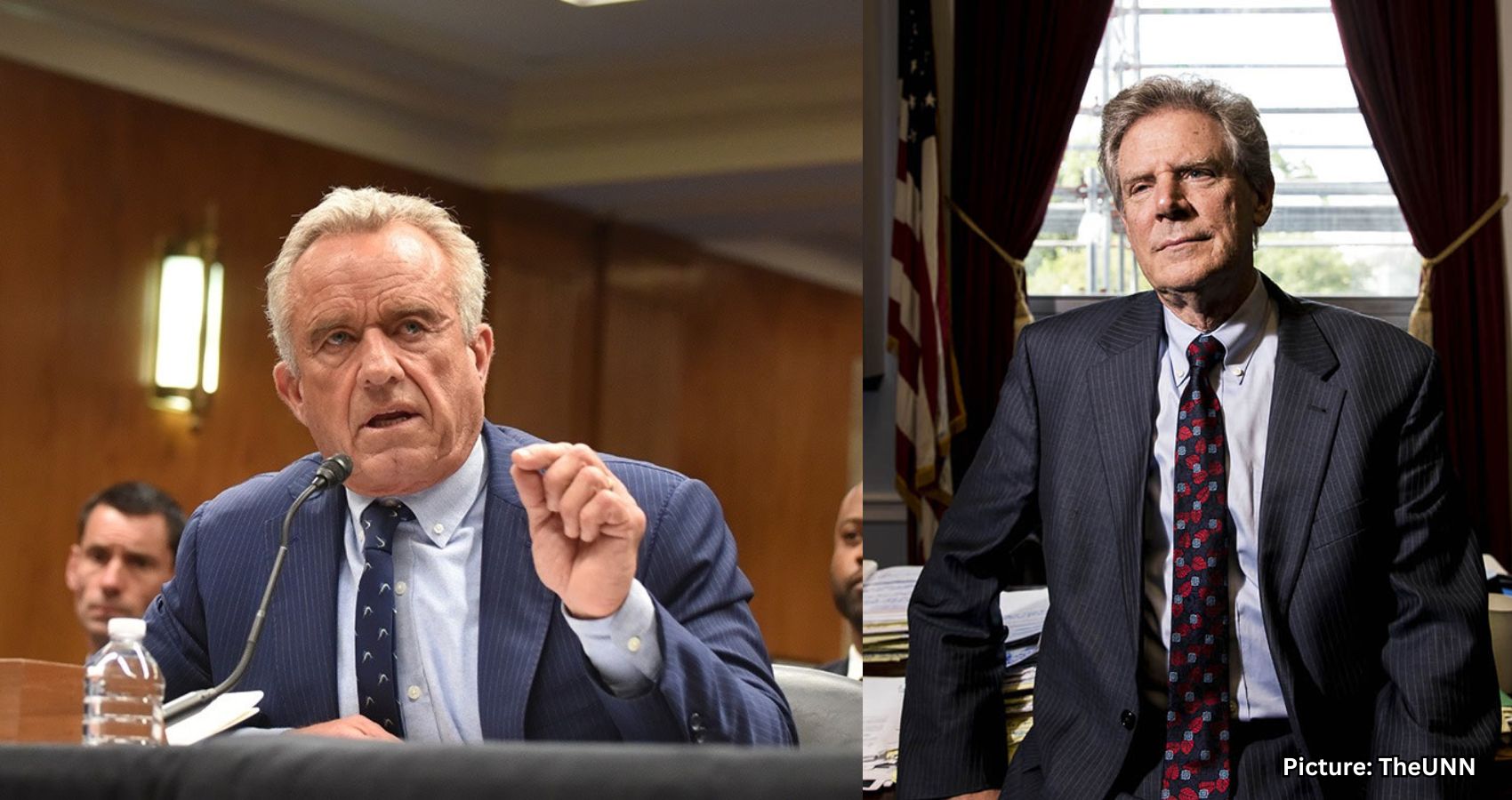Congressman Frank Pallone has called for early U.S.-India discussions in light of recent turmoil surrounding H-1B visa policy changes that could significantly impact skilled workers and the technology sector.
The Global Organization of People of Indian Origin (GOPIO) hosted a special webinar titled “H-1B Visa Storm: Current Challenges and Pathways Forward” on October 4, 2025. The event brought together immigration attorneys, policy experts, and community leaders to discuss the implications of recent changes to U.S. visa policies.
This webinar was organized in response to growing confusion and concern following President Donald Trump’s announcement on September 19, which introduced a $100,000 fee for H-1B visas. This fee is nearly 67 times higher than the current cost, leaving thousands of Indian professionals and U.S. employers uncertain about their futures.
Sunil Vuppala, GOPIO Associate Secretary and Webinar Chair, welcomed participants and highlighted the urgent need for clarity amid widespread misinformation. GOPIO Chairman Dr. Thomas Abraham expressed disappointment over the administration’s response to concerns raised by the organization. He emphasized that the H-1B program generates over $200 billion annually for the U.S. economy, while costs amount to only $8.5 billion.
Dr. Abraham remarked, “The U.S. technology sector thrives because of the H-1B visa program. There’s a clear link between H-1B professionals and American innovation.”
The panel discussion was moderated by New York Immigration Attorney Dilli Batta and featured experts such as David Nachman from NPZ Law Group in New Jersey, Stephanie Dy from Parikh Law Group in Chicago, and Prashanti Reddy from Reddy Law Firm in New York.
Attorney David Nachman described the new policy as a “torrential storm” for skilled workers, outlining three critical changes. First, the massive fee increase primarily affects first-time H-1B applicants outside the U.S., excluding renewals or extensions. Experts warned that this could deter global talent from seeking opportunities in the United States.
Second, proposed reforms would prioritize higher-paying jobs in the H-1B lottery system, which could disadvantage small and mid-sized firms and undermine merit-based selection. Third, enhanced compliance checks will lead to increased site visits and audits, tightening scrutiny on employers and raising operational challenges.
Attorney Prashanti Reddy noted that while renewals and amendments remain unaffected, the new policy could harm applicants in research and technology sectors. Stephanie Dy added that stricter qualification standards could make it more challenging for small firms to recruit top talent, particularly those without advanced degrees.
The panelists collectively warned that the U.S. risks losing its competitive edge in innovation if it continues to discourage skilled immigrants.
Congressman Frank Pallone Jr. (D-NJ), who served as the Chief Guest, criticized the administration’s approach, labeling it “short-sighted and counterproductive.” He argued that instead of imposing exorbitant fees, the government should focus on training domestic talent and fostering international collaboration.
Pallone stated, “This policy shifts focus from developing local skills to simply generating revenue,” stressing that small businesses and startups would be hit hardest. He cautioned that other nations, such as Germany and China, are actively courting global professionals, potentially diverting talent away from the U.S.
The Congressman also underscored the strategic implications of alienating India, noting that India’s growing ties with Russia and China could complicate U.S. foreign policy. He urged both nations to initiate early bilateral dialogue to “remove current hiccups” and strengthen their long-standing ties.
Pallone reaffirmed bipartisan support in Congress for maintaining the H-1B program and encouraged organizations like GOPIO to continue engaging lawmakers. “Community participation and policy dialogue are vital to ensure America remains open to innovation and global expertise,” he added.
The session concluded with a vote of thanks from GOPIO General Secretary Siddharth Jain, with technical coordination provided by Vatsala Upadhyay, CEO of AI Junoon. GOPIO announced plans for continued engagement with congressional leaders on immigration and diaspora issues.
Founded in 1989, GOPIO is a non-partisan, non-profit organization with chapters in over 36 countries. It works to build bridges between the global Indian diaspora and local communities through cultural, civic, and humanitarian initiatives.
Source: Original article

